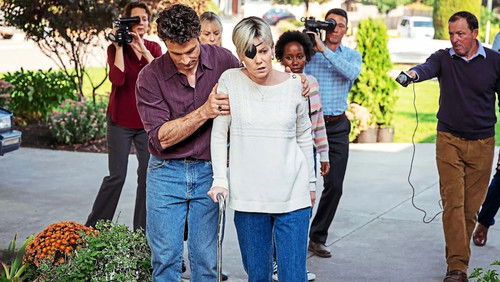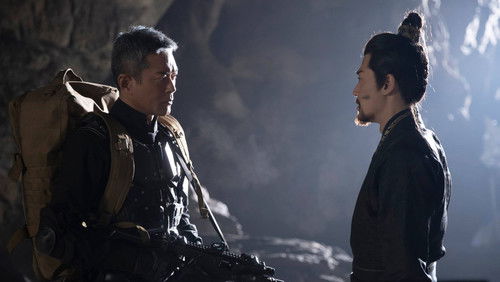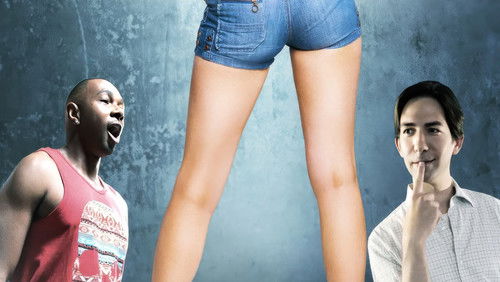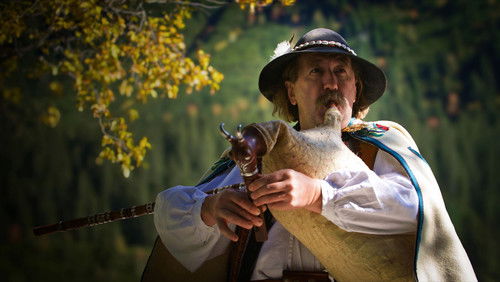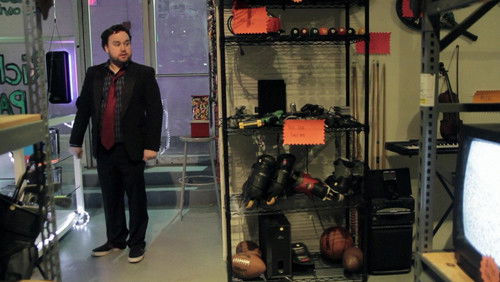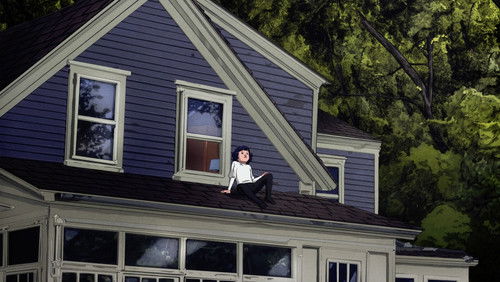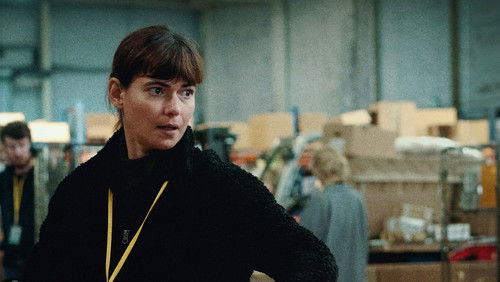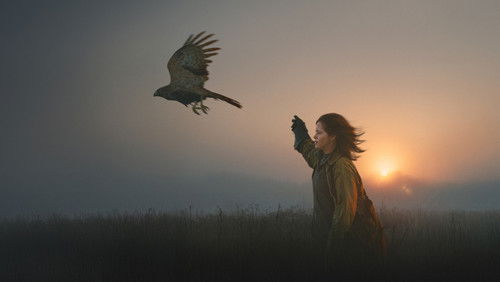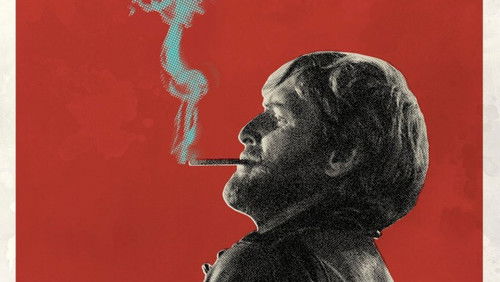Sylvia Scarlett (1935)
19KSylvia Scarlett (1935). 1h 35m | Approved
“Not a great movie, or even a very successful one in conventional terms, but quite fascinating to watch. A lot of people are put off by the semi-deliberate artificiality of the acting and the fanciful nature of the story, at least up to the moment where Hepburn reveals herself as a woman to Aherne.u003cbr/u003eu003cbr/u003eBut I think this is the point. Cukor (and Hepburn) were striving for something a bit like A Midsummer Nightu0026#39;s Dream (which Hollywood was filming around the same time). A bunch of con-artist misfits meet up and then find a spot for themselves as a sort of traveling commedia dell-arte stage act. They fetch up in an artistsu0026#39; colony in Cornwall, where they are presumably more accepted than elsewhere. A kind of 1930s Forest of Arden.u003cbr/u003eu003cbr/u003eThere, Sylviau0026#39;s masquerade is not scandalous but amusing. And just as thereu0026#39;s actual enchantment in Shakespeareu0026#39;s play, the manner in which Hepburn is revealed as a woman to Aherne (an artist, of course) suggests that on some level she wasnu0026#39;t just masquerading. She literally is transformed back from a boy to a girl, who has to be taught once again what a girl (they never say woman in the movie) behaves like. Instead of appearing threatening to conventional notions of gender, the film underlines Sylvia/Sylvesteru0026#39;s vulnerability and innocence.u003cbr/u003eu003cbr/u003eThe gay angle is clear: The theater, and the world of artists, is where Hepburn and her companions (impecunious, emotionally unstable father; odd, flighty servant girl; amoral con artist) are accepted and not judged, where her masquerade isnu0026#39;t a crime but an artistic achievement. Sylvia Scarlett is an effort to make American audiences embrace and find the charm in ways of life it officially rejected.u003cbr/u003eu003cbr/u003eThe whole concept is pretty stagy, but of course Cukor and Hepburn both came from the theater.u003cbr/u003eu003cbr/u003eBut while it all must have looked doable good on paper, it doesnu0026#39;t really work on screen. The script undermines it, for one thing: the plot is full of holes and soon after the big scene with Aherne, the enchantment and strangeness start to drain out of the story, which turns into conventional girl-meets-boy. The only remaining question is whether Kate will find up with Cary or Brian, and that just doesnu0026#39;t hold much interest.u003cbr/u003eu003cbr/u003eOne reason for this is Cukor. He was a fine director of actors, and with a good script he could make a marvelous picture. But he wasnu0026#39;t a great visual artist, like Ford or Welles or Hawks, who could often take mediocre writing and make it sing on screen. This is the highest-concept film he ever made, except possibly Justine late in his career, and he doesnu0026#39;t really have the knack for it. The broad playing and semi-Shakespearean humor never really work the way they should, and Cukor canu0026#39;t seem to make Sylviau0026#39;s father, the darker character in the whole thing, mesh with the rest.u003cbr/u003eu003cbr/u003eI wonder if the story wouldnu0026#39;t have been more at home in the silent cinema, where there was more latitude for enchantment and masquerade and make-believe? How would FW Murnau (Sunrise) have handled this material, for example? Hepburn herself is at her best and most entertaining in her scenes as Sylvester. Sheu0026#39;s acrobatic and rambunctious and fun to watch. The other characters treat her as a sort of adorable boy, kind of like Cherubino in The Marriage of Figaro. Very much in keeping with the deliberately theatrical atmosphere the movie tries for. Once Hepburn puts on a dress again, however, she tends to subside into that familiar Hepburn wonderfulness that can be annoying in some of her other films. The rest of the cast is just fine.u003cbr/u003eu003cbr/u003eCould this have been a better movie? David Thomson suggests that another director and star (Hawks and Stanwyck, perhaps) could have made it work. Perhaps – but it would have been more conventional. I doubt that anyone else would have opted for the enchanted-forest, Midsummer Nightu0026#39;s Dream approach that makes it so interesting. Again, I think it would have had a better chance in the silent era.u003cbr/u003eu003cbr/u003eToo bad, however, that someone didnu0026#39;t try again!”
